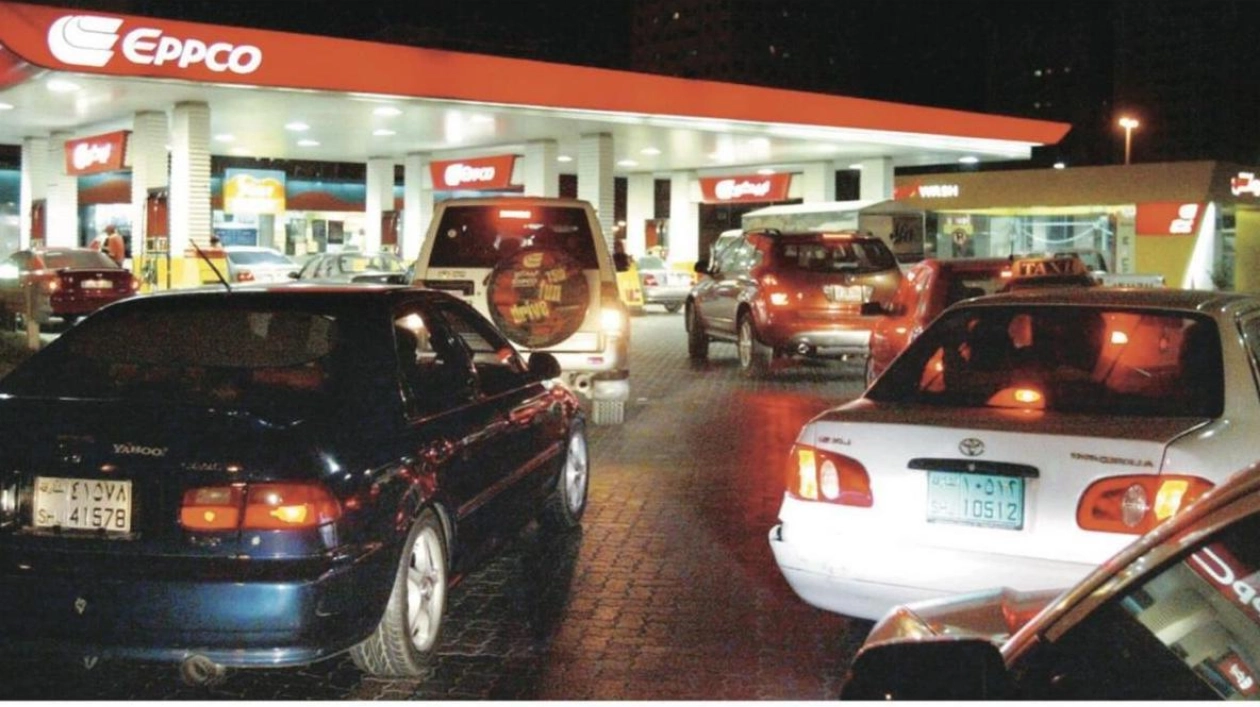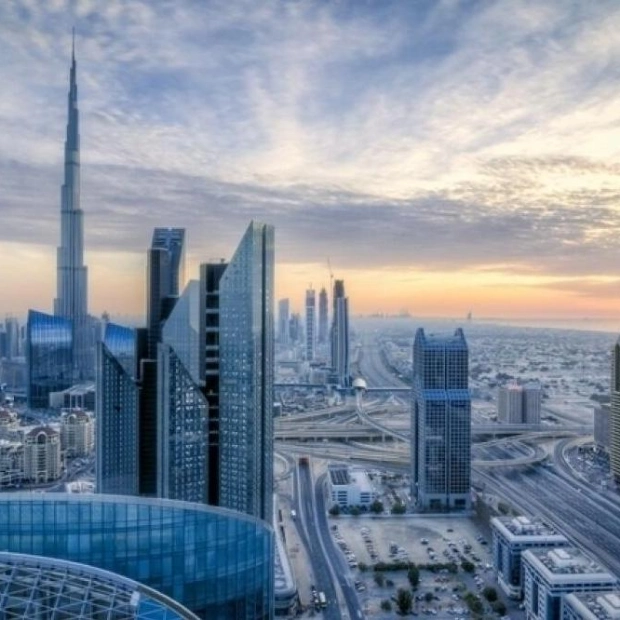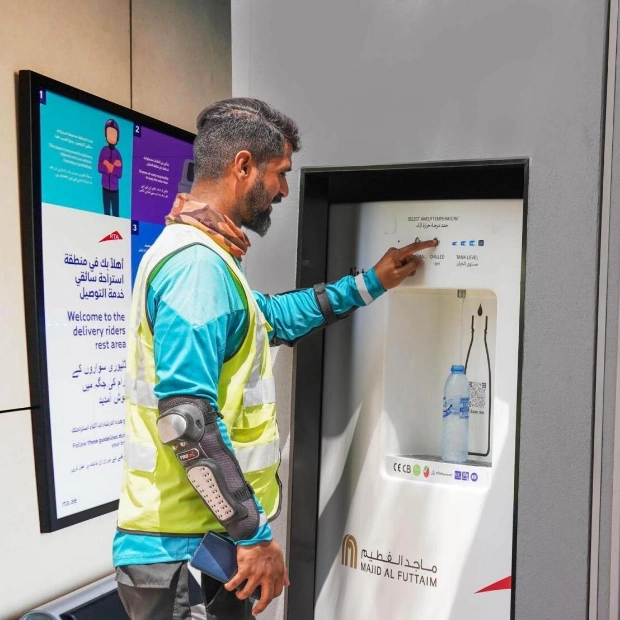On August 31, 19 years ago, long lines of cars were visible at numerous petrol stations throughout the UAE as drivers hurried to avoid the impending increase in petrol prices. The next day, Khaleej Times declared on its front page: “The party is now over for motorists,” detailing the congested lines of vehicles waiting to fill up and save dirhams. Before this day, residents generally paid little attention to fuel expenses, which seldom impacted monthly budgets, as petrol prices were often comparable to, or even lower than, the cost of a large bottle of water or a can of soda, according to Khaleej Times.
At midnight on September 1, 2005, the situation changed dramatically with a 30 percent increase, setting the price of petrol at Dh1.50 per litre. This surge was a response to the global rise in crude oil prices. Khaleej Times interviewed several drivers at the time, capturing their reactions. Sultan Al Banki, a frequent visitor from Bahrain to Dubai, expressed his disbelief: “I can’t accept that we in the Middle East, who produce oil for the world, have to pay such high prices for petrol. The Dh1.50 increase per gallon is too steep and unbelievable.” Manwar Ahmed, a then Dubai resident, commented: “I have to reconsider my weekend outings with friends due to the increased financial burden.” Khalid Hussain, another resident, noted the impact on middle-class families: “The petrol price hike will definitely pinch. I used to enjoy outings with friends, especially on weekends, but now with rising rents and essential commodity prices, the petrol increase adds to the strain.” An unnamed resident added: “The petrol price hike will inevitably lead to higher prices of other goods, significantly affecting low-income groups.” Mohammed Salim, a manager, observed: “While the international petrol price increase affected the UAE, it should not have, given the country’s oil production status. However, petrol remains relatively cheaper here compared to other countries.”
A decade later, in August 2015, the UAE initiated the deregulation of retail fuel rates, adjusting petrol prices monthly to reflect global market trends.






